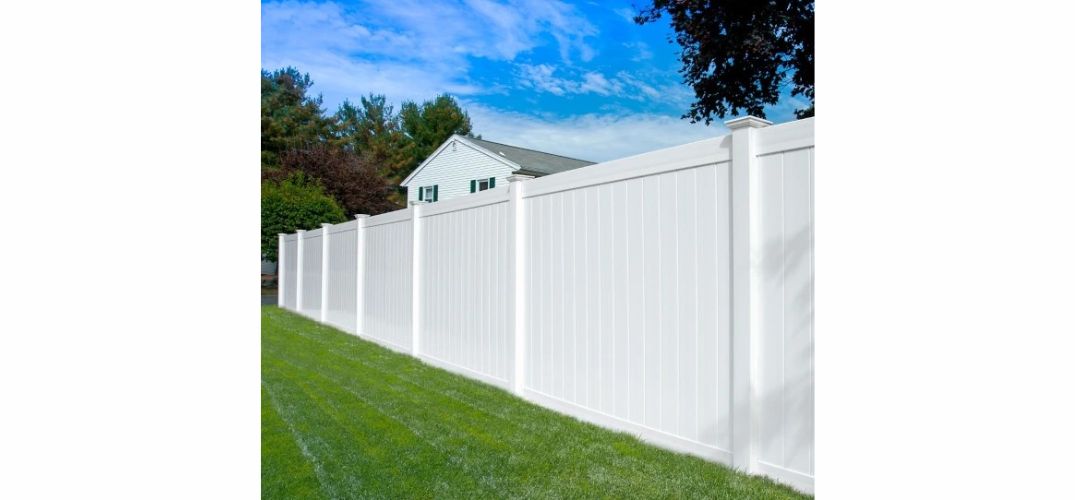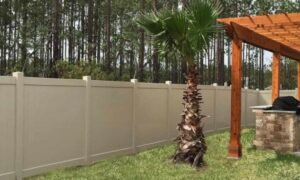If you live near the Washington coastline, you already know the salty air and high humidity can be brutal on outdoor materials. This is especially true for metal fences. While metal fencing is strong, secure, and visually appealing, it can quickly become damaged by rust if you choose the wrong materials—or skip proper prep work.
Here’s what you need to know about rust-resistant metal fencing in Washington’s coastal regions, and how to make your investment last.
Why Coastal Environments Are Hard on Fences
Salt-laden air from Puget Sound and the Pacific Coast accelerates the corrosion process. Salt particles can settle on metal surfaces, absorb moisture, and start breaking down protective coatings. If not properly treated or maintained, even a sturdy fence can start rusting in a matter of months.
Best Rust-Proof Materials for Coastal Fencing
Not all metal fences are created equal. Here are the top options for withstanding the coastal climate:
1. Aluminum Fencing
Aluminum is naturally rust-resistant and does not corrode like steel or iron. It’s lightweight, requires little maintenance, and is often powder-coated for extra protection. Plus, it comes in many decorative styles that mimic wrought iron without the downside of rust.
2. Galvanized Steel
Galvanized steel is coated with a layer of zinc to protect against corrosion. While not completely rust-proof, it’s far more durable than raw steel or iron. For added protection, choose fencing that’s hot-dip galvanized and powder-coated.
3. Stainless Steel
Stainless steel is one of the most corrosion-resistant materials available, making it ideal for marine environments. However, it tends to be more expensive and may not offer as many design options. It’s best used for gates, posts, or specialty sections where strength and longevity matter most.
Extra Protection Measures
Even if you choose the right material, installation and maintenance are just as critical. Here are a few tips:
- Use Rust-Resistant Fasteners – Ensure bolts, screws, and other connectors are also stainless or coated.
- Apply Sealants or Coatings – Powder coating, epoxy, or rust-inhibiting paints create a barrier that prevents oxidation.
- Leave Space for Airflow – Avoid designs that trap water or debris between metal sections.
- Regular Cleaning – A quick hose-down every few weeks helps prevent salt buildup.
Consider Alternatives for Coastal Areas
Some homeowners opt for non-metal fencing altogether to avoid rust issues. PVC or vinyl fences, for example, offer excellent resistance to both moisture and salt exposure. If you’re open to alternatives, a metal fence installation service might be worth considering for coastal properties.
Work With Experts Who Understand Coastal Conditions
The materials you choose are only half the equation. Proper installation and local experience are key to making your fence last in Washington’s marine climate. From choosing the right foundation depth to applying protective coatings, it pays to work with a certified fencing contractor in Washington who understands the specific challenges of coastal environments.
Final Thoughts
Don’t let rust ruin your fencing investment. Whether you’re installing a new metal fence or replacing a corroded one, your best defense is using the right materials and working with professionals who understand the Pacific Northwest climate. Aluminum, galvanized steel, or stainless steel options—combined with expert installation—can give your home both style and durability for years to come.



































